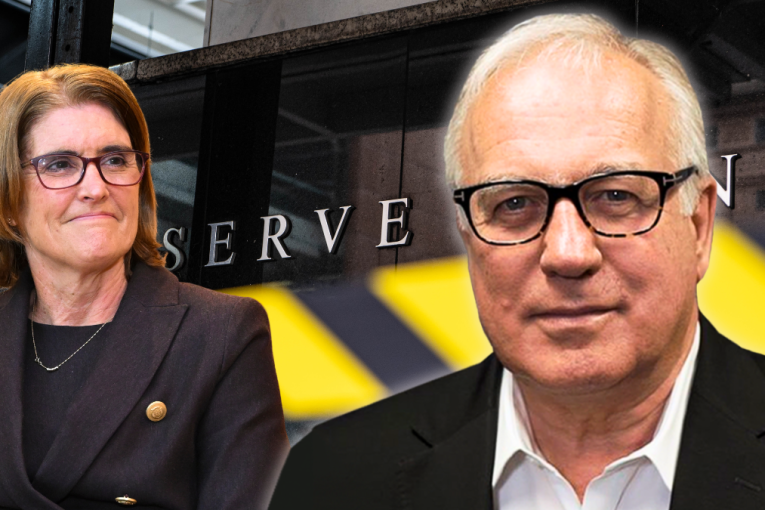Home loan guide: Why choosing the best option is about more than the interest rate


The best loan for you will depend on your needs and circumstances. Photo: Getty
If you’re in the market for a mortgage then obviously you want to get the cheapest interest rate.
But there are other important factors to weigh up when deciding which option is right for you.
Should you go with a fixed or variable rate? What about an offset account?
And if you’ve already got a mortgage, are the cash-back carrots being dangled by lenders to switch loans worth it?
Mortgage Choice broker Darren Turner said borrowers need to be clear about their budget, spending habits and whether they will have the capacity and desire to pay more than the minimum repayments.
“It comes back to, initially, do you want a fixed rate or a variable rate? Then it comes back to what your finances are like and your expenditure,” he said.
“Some people will want to fix it because they’re frightened of rates going up. Other people with a variable rate are looking at paying extra money (off their loan).”
So, once you have figured out how much you want to borrow and ensured you can meet the repayments (and factored in some interest rate rises), what are the main issues to take into account when deciding on a home loan?
Fixed or variable?
The interest rates on fixed-rate mortgages are cheaper than variable options, but there are limits on how many extra repayments you can make.
So if you’ve got extra cash after meeting other expenses and your goal is to throw any leftover money towards your mortgage, a fixed-rate option might not be your best bet.
But a fixed-rate mortgage might be the way to go if your family budget is tight and you want certainty about your minimum repayments.
Mr Turner said most fixed rates do allow for some extra repayments every year but normally impose a limit, whereas additional repayments on variable loans are uncapped.
Break costs also apply to fixed-rate loans if you refinance or sell your property within the fixed period, with fees ranging from a few hundred dollars to tens of thousands, depending on how much time and money is left on the loan, he said.

Fixed home loan rates are on the rise. Photo: Getty
Is an offset account worthwhile?
Many lenders offer loans as a package deal, with borrowers able to have a separate transaction account linked to their home loan.
Interest is payable on your mortgage balance minus your offset account balance. For example, if you have $500,000 owing on your loan but there is $20,000 in your offset account, then the lender only charges you interest on $480,000.
In theory, an offset account can be a great way to save on interest. But here’s the thing to remember: It costs hundreds of dollars extra in annual fees just to have the account.
So you have to consider how much cash will you realistically be able to keep in your offset account and ensure the money you save in interest outweighs your fees.
Mr Turner said most lenders will charge between $250 and $400 in annual offset account fees.
“For a majority of people an offset account is not worth it because they just don’t have the income to put a lot of extra money in that account to even match the $400 (fee), or whatever they’re paying,” he said.
Mr Turner said if borrowers think they will have extra cash to put on their mortgage they can still save on interest by choosing a basic variable loan without an offset account.
He said borrowers can access any repayments made above minimum by redrawing the cash from their home loan account.
“Instead of putting the money in your offset account, you can put it in your home loan direct and then you can withdraw that money back out when you need it,” he said.
“That will cost you, from most lenders, no money – no annual fees or monthly fees.”
Cash-back offers
If you’ve already got a mortgage, you might have noticed many lenders are offering incentives in the order of $3000 to refinance with them.
Mr Turner said you should allow about $1000 to refinance to cover things like discharge fees and re-registering the mortgage.
“It’s a good incentive to look at your mortgage and see if you’ve still got a competitive home loan,” he said.
“People are looking at getting a better deal on their rate, but also they can come out of it with a couple of thousand dollars in their pocket.”








